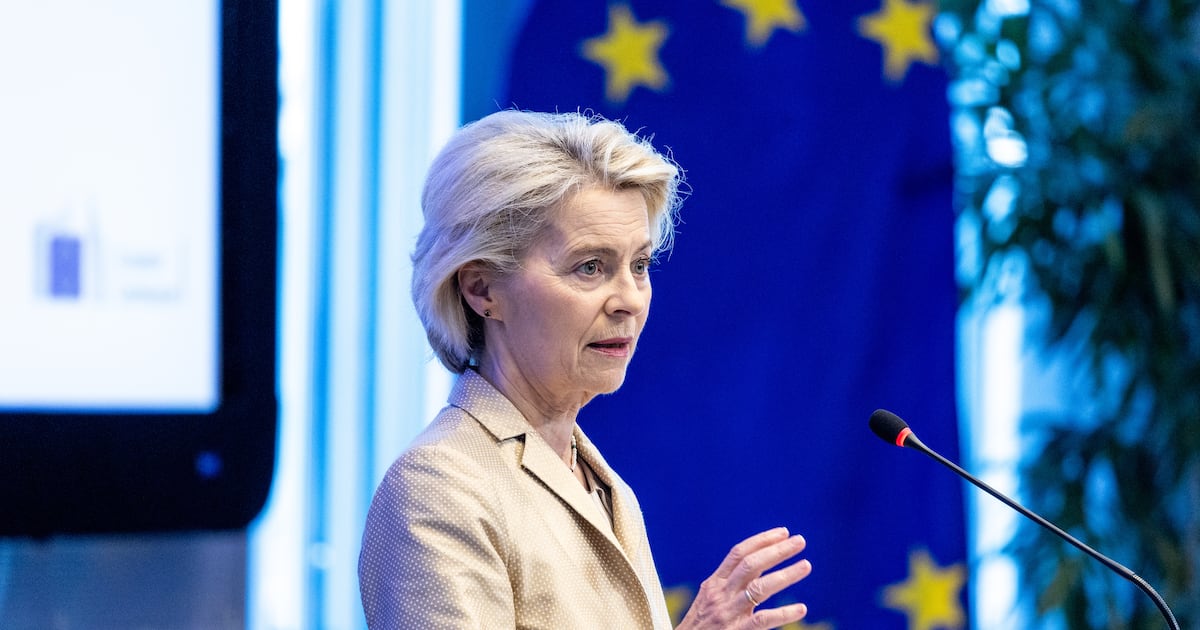Trade coming from Israel would no longer be given preferential treatment coming into the European Union, under a proposal tabled by Ursula von der Leyen’s European Commission.
The move would represent a major economic and diplomatic blow for Israel, hitting billions of euros worth of trade, in response to its ongoing military campaign in Gaza.
The proposal would suspend the central plank of a decades-old free trade deal that removed tariffs on imports of goods between Europe and Israel.
However, suspension of the agreement requires the backing of a weighted majority of EU capitals, meaning Germany or Italy would first need to lift their opposition to the 27-state union sanctioning Israel.
The move – if approved – would represent the first serious sanction the EU has agreed to level on Israel since the start of its devastating invasion of Gaza. It would see tariffs reimposed on key Israeli exports, such as dates, fruits and avocados, that had been done away with as part of the trade deal.
The proposal was first flagged by the head of the EU’s executive arm, Ms von der Leyen, under growing pressure to hold Israel to account for its continued bombardment of the Palestinian enclave.
A group of EU states – Germany, Italy, Hungary, Austria and Czech Republic – have consistently opposed the bloc imposing any penalties on Israel, and watered down any joint EU condemnation of the war in Gaza.
The EU is one of Israel’s biggest trading partners, meaning the free trade deal is very lucrative for Israel. The country exported about €16 billion in goods to the union last year, including fruits and agricultural produce, pharmaceuticals, machinery and other things.
More than a third of that benefits from a free-trade deal signed in 2000, dropping tariffs on imports between the two sides. Commission officials have estimated the cost of suspending the terms of that deal would cost €227 million in higher import duties being paid on Israeli exports.
At least 64,000 Palestinians have been killed by Israeli forces during almost two years of war. Israel’s invasion of Gaza was launched in response to the October 7th, 2023, attacks by Hamas militants on southern Israel.
Separately, the commission has also proposed putting economic sanctions, which include travel bans, on several individuals.
The EU executive wants to sanction two extremist Israeli ministers, Itamar Ben-Gvir and Bezalel Smotrich, as well as several violent Israeli settlers and 10 senior Hamas figures.
However, those sanctions would require unanimous approval by all 27 EU states, making the adopting of measures against Mr Smotrich and Mr Ben-Gvir unlikely, due to trenchant opposition from Hungary and others.
A United Nations commission of inquiry this week concluded that Israel had committed genocide in Gaza, pointing the finger at Israeli prime minister Binyamin Netanyahu and others for inciting those acts. Israel has rejected accusations it is committing genocide.
Famine has been declared in parts of Gaza, with warnings it will spread throughout the bombarded Palestinian territory if Israel continues to restrict the entry of aid.
